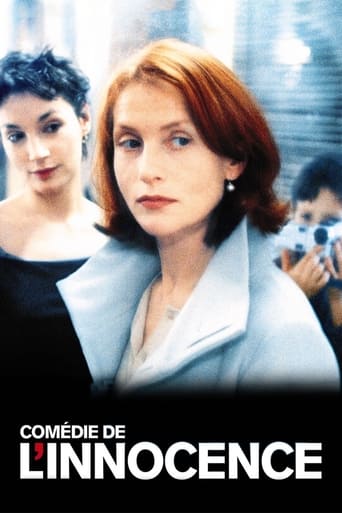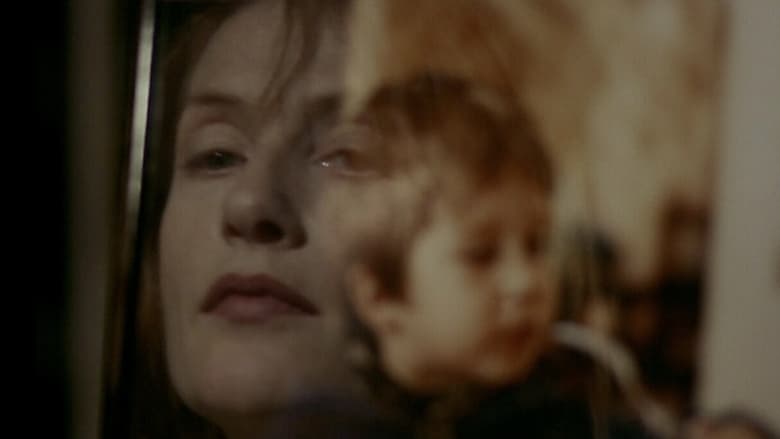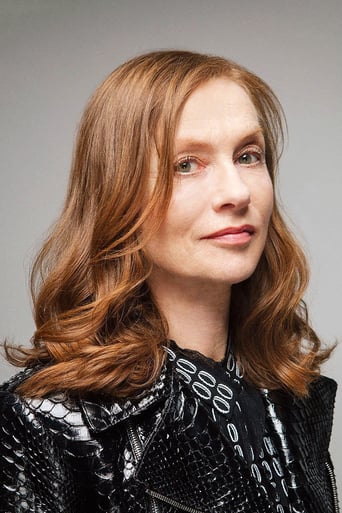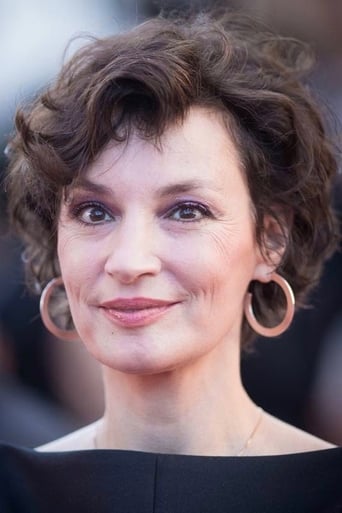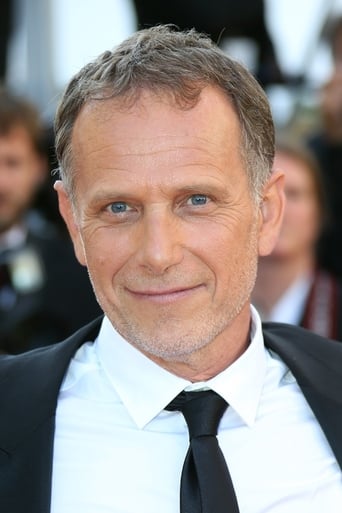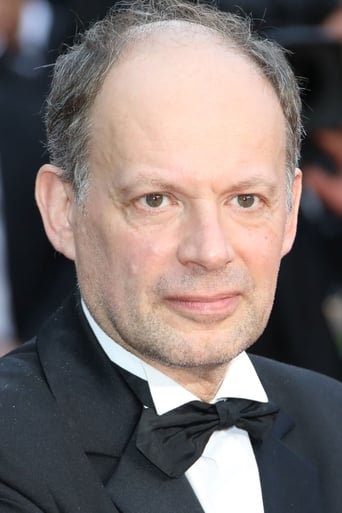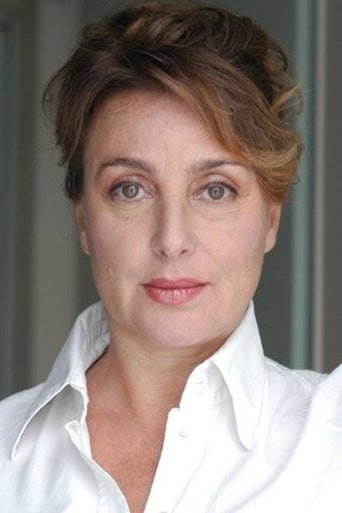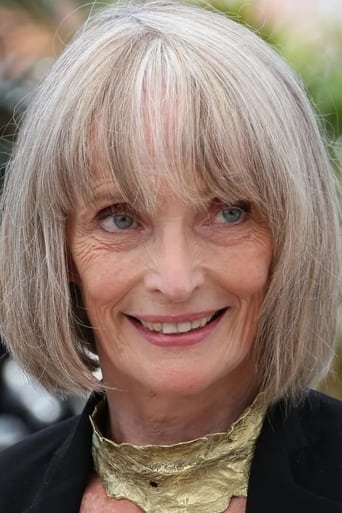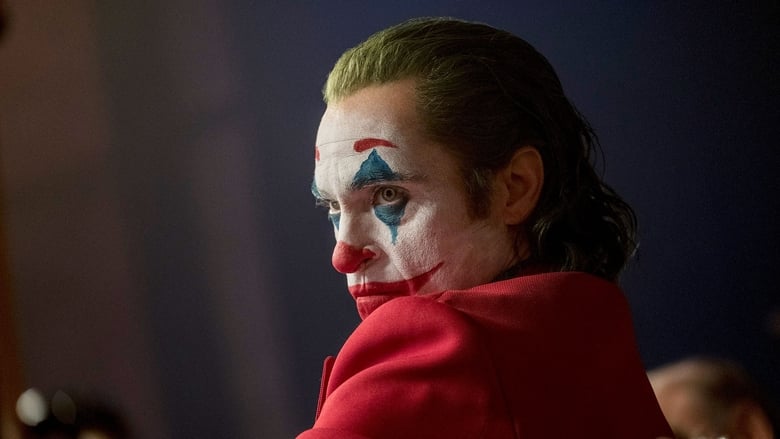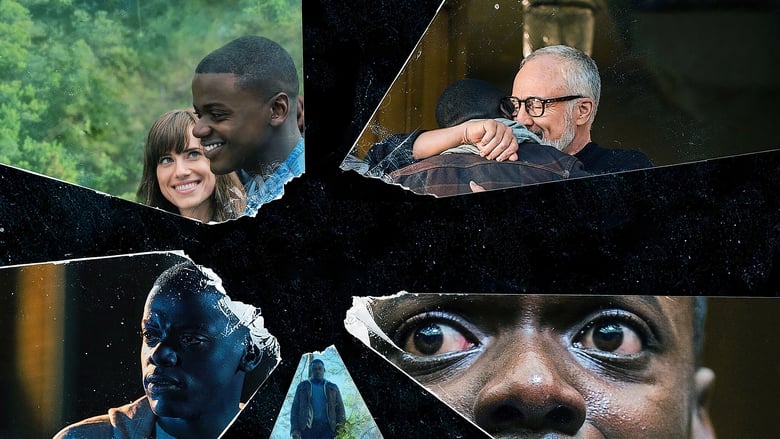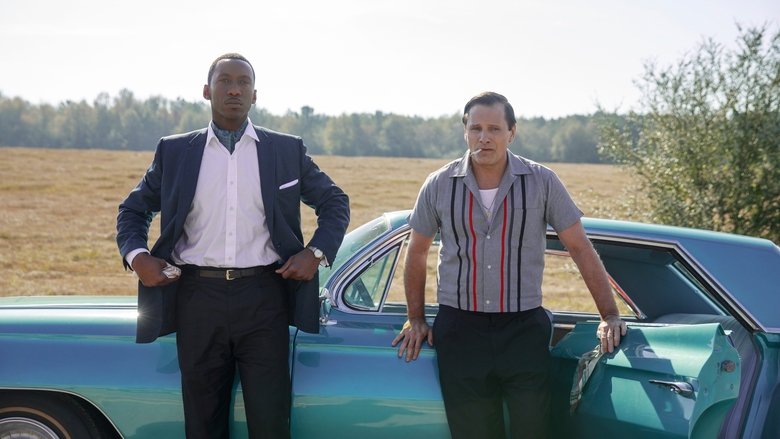Today, Camille turns nine. He had sworn that on his 9th birthday he would show his parents the videos he was shooting on the side - the tail of a cat scampering away, a window, and a veiled woman's face - an intriguing picture... Later that day, Camille's mother, Ariane, meets up with her son in the park. The boy appears perturbed. He is leaning against a tree, eyes cast down. He says that now he wants to return to his "real home" and his "real mother."


Reviews
With this one Ruiz redeems himself well for some of the more hollow stuff he produced in the 90's. It is, as so many times before, a fiction about possible fictions as assembled in the imaginative mind. About various figments of the one mind enacting their roles in a fantasy unfolding as the unfathomable echoes bubbling in some far surface of reality.At first, it seems to be about a child intuitively guided to look for his true face, the true motherly source from which we are all outsourced at birth and to which the biological mother is only the affectionate mask. The kid is miraculously drawn to another mother, tied to the first by the strange coincidence so favored by surrealists.But it soon turns out that we are not with the child in this, rather with the discarded face of the mother. The woman drawn to her reflected image in the eyes of the kid and made whole in it. Two women as one, each the other's surrogate mother, each the surrogate daughter in turn.And then it moves again, starting with a dinner scene that reverses the one that begins the film. Now the characters have switched places, the room is dark. A film-within guides us further, footage captured by the kid in his strolls around the park. There is an imaginary friend who turns out to be real, and a madhouse in the countryhouse where only those admitted can leave at will.Then the mysterious ending suddenly seems to pull everything back into the surface of reality (we can never be sure though). Was after all the kid only the mother's helpful aid (like her brother, Serge, inside the fantasy) in recovering the husband who is away on business (imagined as an inner child, susceptible to allure of the female figure) from the imaginary hands of a deceitfull mistress? It's a fascinating ploy and the overall construct, though occasionally thin, resonates with the illusionary reality of the mind. How we weave portentous narrative around us with us center stage in the myth, what masks we choose to hide behind or let fall. Lots of Oedipus, transported to suburban France as surreal essay into the conundrums of fiction.The device is film noir. The execution is French. Not a bad thing to have, aye?
I'm beginning a serious affair with Ruiz and what an adventure it is turning into!I originally was directed to Ruiz because of my public esteem for Greenaway; several readers suggested Ruiz. Ruiz clearly comes from the Latin tradition of floating narrative, where layers and magical realities penetrate each other. Where sex and related emotions weave with intellectual perspectives. Where floating without anchors beyond the anchor of lightness itself is the very idea of life.Medem is the one I appreciate the most in this Latin world, though there are many others and I suppose the future of film now the next episode at least is in their hands. Its in the nature of this floating for some artists to fold in layers of extreme self-reference, including notions of what constitutes art, the instant artifact, and in other directions, essays on illusive realities and the charms or multilayered love.Greenaway is something a bit different. His floating is usually bipolar, between the Latin layers on one hand, soft and ephemeral and impulsive and codified frameworks on the other. Frameworks like ordering systems and symmetric containers. Cosmological and human machines for managing reality. The written word, itself dual. For Greenaway, it has to be an artifact first for him to escape the nature of artifacts.Ruiz superficially appears similar, but in fact he inhabits a whole different world. Where Greenaway registers against geometric cosmologies, Ruiz simply works within the form of French cinema. It makes him less because French cinema how to say this gently is bankrupt. Yet, like modern religions of the book, it refers to times and frames of vitality.Yet, it is a haunting notion, to bring this layered Latin floating of realities to a form that supposes that there is only one layer in life and that it is light, somewhat capricious and animated by the female urge.What we have in this film is a space where every character is creating multiple realities: each person is in control and mad at the same time. In control, because he or she creates the realities we see. Mad because they cannot control them or separate them. each of these reflects into the artifact of the film.We have the boy, who is an obsessive filmmaker, already by his ninth birthday his life and film have merged. He splits into three persons: the one his mother bore, a second one another woman had and lost and a third, Alexander, seen as imaginary by his mother.We have the mother (a theater designer and painter) from whose perspective she splits into two women, both vying for the boy who died two years ago. One reality of this woman is that she is simply floating, French-wise, though intimate peelings that reveal ever more soft a soul. Another is that she is the other woman, a violinist inmate in a madhouse where she imagines her doctor to be her brother. She sees the madhouse as the family home, the other inmates as statues. There's Serge, who the mother sees as her brother and in her other self as the psychiatrist of the madhouse. He is the fellow who sees. He blends with the boy, their toy-films are shared. It is because of Serge's lunchtime screws with the housekeeper/governess that the boy is unattended and drowns.This is the French core, sex generated folded realities. In the DVD extras Ruiz says he had to do it this way because it is "against the law" to have ghosts in French films. That young sexy girl is the fulcrum of the thing, her torso locked in throwing the dice and always getting the same number, what she calls "inverted probabilities."It isn't lifealtering stuff. But it is fine, Very fine, the house as the character.Ted's Evaluation -- 3 of 3: Worth watching.
On his birthday a small boys tells his mother he is not her son, and that he wants to go home to his real mother.In some ways Comedy De L'Innocence feels like it comes from a different time of movie-making, perhaps the 60's or 70's. Certainly it reminded me of Losey's Secret Ceremony (1968), and Richard Loncraine's Full Circle (1977), both of which deal with loss, grief and relationships between parents and 'lost' children (curiously both films star Mia Farrow).All three films are populated with unsympathetic characters who behave in strange and unexplained ways. All three films have a chilly feel, both emotionally and literally. All three films focus on mother-child relationships, and ultimately all three films pose the question - 'what is real, what is imagined?' Beautiful but flawed, it offers no easy answers and leaves much hanging, unexplained and strange.
Spoiler warning. I think. Not sure, really. ANYway, there's this woman and her kid, and the kid starts pretending (or does he?) that someone else is his mother. This other mother had a kid who died, you see. Is she mad? Is the other kid the reincarnation of the first kid? In true French-movie style, our heroine invites the mad woman into her home instead of reporting her to the police. And she tries to seduce our heroine's brother, though rather half-heartedly. Our heroine's husband is away on indeterminate business, and the film seems to be implying that if he were here everything would be okay. Hmmmm... Meanwhile the kid has a video camera and the au pair keeps throwing seven with her dice. None of this adds up to much. The film ends. The seasons change. We grow old. We die. I wonder why I spent good money on this mildly creepy but ultimately inane "thriller".
